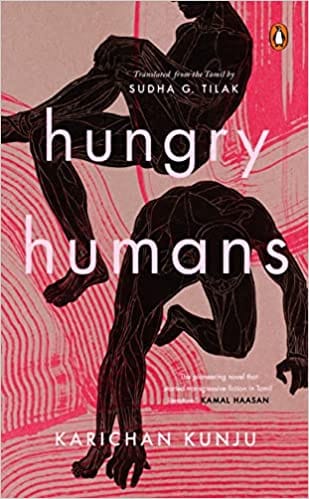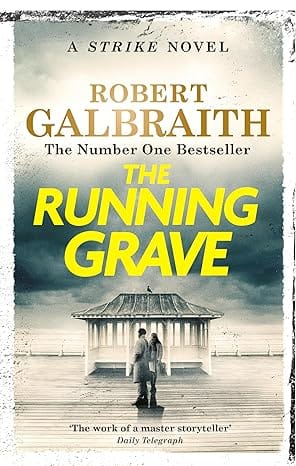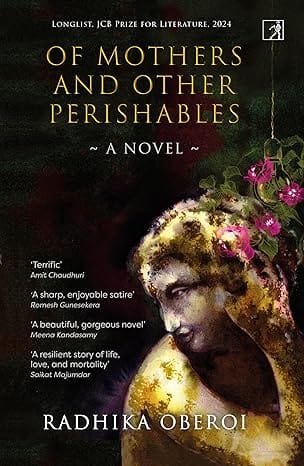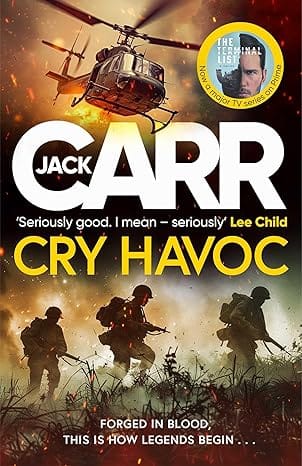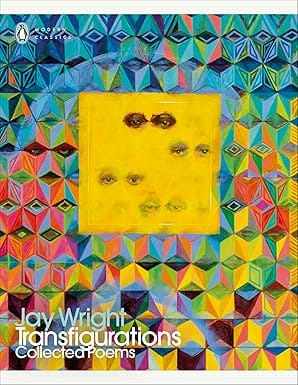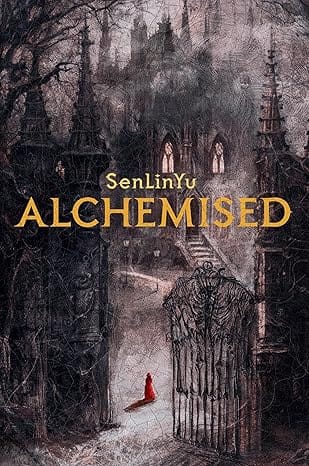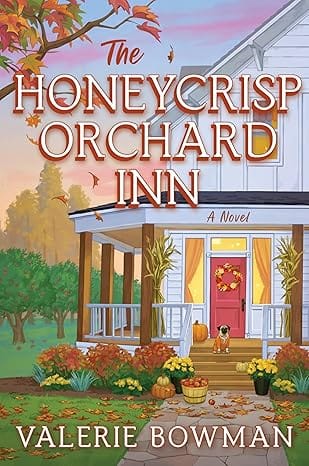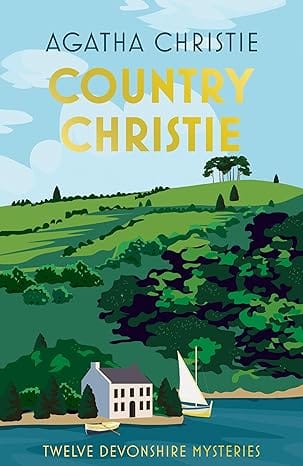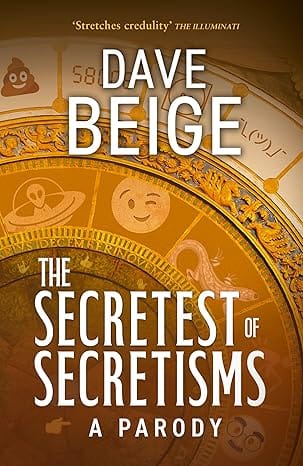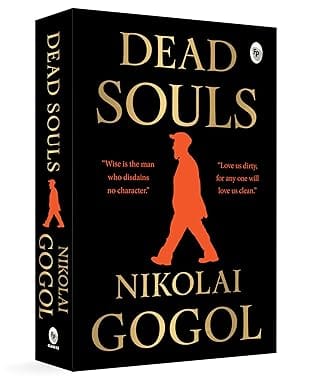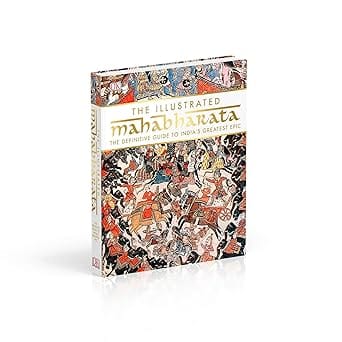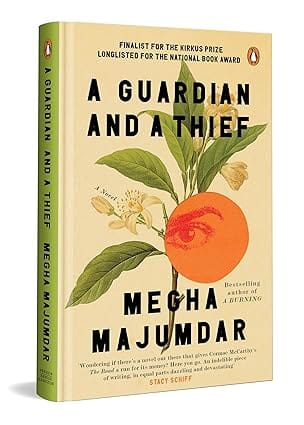-
Non-ficton
- Non-ficton
-
Contemporary Fiction
- Contemporary Fiction
-
Children
- Children
-
Comics & Graphic Novels
- Comics & Graphic Novels
-
Non-Fiction
- Non-Fiction
-
Fiction
- Fiction
Ganesan returns, after four decades, to the town of his childhood, filled with memories of love and loneliness, of youthful beauty and the ravages of age and misfortune, of the promise of talent and its slow destruction. Seeking treatment for leprosy, he must also come to terms with his past: his exploitation at the hands of older men, his growing consciousness of desire and his own sexual identity, his steady disavowal of Brahminical morality and his slowly degenerating body. He longs for liberation-sexual, social and spiritual-but finally finds peace only in self-acceptance.
This translation of the groundbreaking Tamil novel Pasitha Manidam, first published in 1978, offers deep insight into the conservative and caste-conscious temple town of Kumbakonam, viewed here with dispassionately cold clarity as a society that utterly fails its own. Sudha G. Tilak deftly builds upon Karichan Kunju's prose to expose this world, raw, real, without frills or artifice. The themes of masculinity, desire and sexuality, caged within caste and repression, all combine to give readers front-row seats to the many acts we put on for and as a community.
Review
Pasitha Manidam is a novel that examines basic human emotions through the two characters, Ganesan and Kitta, without any bias. It is considered as the pioneering novel that started transgressive fiction in Tamil literature. This novel by Karichan Kunju, an eminent Tamil writer with immense expanse and depth getting translated to English as Hungry Humans is an essential and welcome effort by Sudha G Tilak. -- Kamal Haasan
About the Author
R. NARAYANASWAMI (1919-1992) is better known by his pen name Karichan Kunju. He considered himself a protégé of the Tamil writer K. P. Rajagopalan, who wrote under the pseudonym Karichan-Tamil for the bird drongo. To honour his literary mentor, Narayanaswami wrote under the pen name Karichan Kunju, or the drongo's chick.
From eight to fifteen years of age Kunju studied Hindi and the Vedas in Bengaluru. He pursued higher studies in Hindi and Tamil at Rameshwara Vedasthana Patashala in Madurai and then worked as a Tamil teacher in Chennai, Mannargudi and Kumbakonam for a few years.
Kunju has an oeuvre of over hundred short stories. He also released ten short-story volumes, two novellas and dramas each, and essays titled Bharati's Search and Discovery (1982) and Ku Pa Ra (1990). Pasitha Manidam (1978) was his only novel. He translated important works from English, Sanskrit and Hindi into Tamil, besides translating works of Tamil into other languages. He has contributed richly to Tamil literature and culture by exposing the vicious hierarchies of ancient temple towns.
Karichan Kunju was the second son of Ramamrutha Sastri and Janaki Ammal. He is survived by four daughters-Lakshmi Baby, Prabhavati, Vijayal and Santha
Sudha G. Tilak has worked as a journalist in India and abroad. She has written non-fiction and has had short stories published in literary magazines. This is her first work of translation.
Hungry Humans
SIZE GUIDE
- ISBN: 9780670095575
- Author: Karichan Kunju
- Publisher: Penguin Vintage
- Pages: 288
- Format: Hardback
Book Description
Ganesan returns, after four decades, to the town of his childhood, filled with memories of love and loneliness, of youthful beauty and the ravages of age and misfortune, of the promise of talent and its slow destruction. Seeking treatment for leprosy, he must also come to terms with his past: his exploitation at the hands of older men, his growing consciousness of desire and his own sexual identity, his steady disavowal of Brahminical morality and his slowly degenerating body. He longs for liberation-sexual, social and spiritual-but finally finds peace only in self-acceptance.
This translation of the groundbreaking Tamil novel Pasitha Manidam, first published in 1978, offers deep insight into the conservative and caste-conscious temple town of Kumbakonam, viewed here with dispassionately cold clarity as a society that utterly fails its own. Sudha G. Tilak deftly builds upon Karichan Kunju's prose to expose this world, raw, real, without frills or artifice. The themes of masculinity, desire and sexuality, caged within caste and repression, all combine to give readers front-row seats to the many acts we put on for and as a community.
Review
Pasitha Manidam is a novel that examines basic human emotions through the two characters, Ganesan and Kitta, without any bias. It is considered as the pioneering novel that started transgressive fiction in Tamil literature. This novel by Karichan Kunju, an eminent Tamil writer with immense expanse and depth getting translated to English as Hungry Humans is an essential and welcome effort by Sudha G Tilak. -- Kamal Haasan
About the Author
R. NARAYANASWAMI (1919-1992) is better known by his pen name Karichan Kunju. He considered himself a protégé of the Tamil writer K. P. Rajagopalan, who wrote under the pseudonym Karichan-Tamil for the bird drongo. To honour his literary mentor, Narayanaswami wrote under the pen name Karichan Kunju, or the drongo's chick.
From eight to fifteen years of age Kunju studied Hindi and the Vedas in Bengaluru. He pursued higher studies in Hindi and Tamil at Rameshwara Vedasthana Patashala in Madurai and then worked as a Tamil teacher in Chennai, Mannargudi and Kumbakonam for a few years.
Kunju has an oeuvre of over hundred short stories. He also released ten short-story volumes, two novellas and dramas each, and essays titled Bharati's Search and Discovery (1982) and Ku Pa Ra (1990). Pasitha Manidam (1978) was his only novel. He translated important works from English, Sanskrit and Hindi into Tamil, besides translating works of Tamil into other languages. He has contributed richly to Tamil literature and culture by exposing the vicious hierarchies of ancient temple towns.
Karichan Kunju was the second son of Ramamrutha Sastri and Janaki Ammal. He is survived by four daughters-Lakshmi Baby, Prabhavati, Vijayal and Santha
Sudha G. Tilak has worked as a journalist in India and abroad. She has written non-fiction and has had short stories published in literary magazines. This is her first work of translation.
User reviews
NEWSLETTER
Subscribe to get Email Updates!
Thanks for subscribing.
Your response has been recorded.

India's Iconic & Independent Book Store offering a vast selection of books across a variety of genres Since 1978.
"We Believe In The Power of Books" Our mission is to make books accessible to everyone, and to cultivate a culture of reading and learning. We strive to provide a wide range of books, from classic literature, sci-fi and fantasy, to graphic novels, biographies and self-help books, so that everyone can find something to read.
Whether you’re looking for your next great read, a gift for someone special, or just browsing, Midland is here to make your book-buying experience easy and enjoyable.
We are shipping pan India and across the world.
For Bulk Order / Corporate Gifting
 +91 9818282497 |
+91 9818282497 |  [email protected]
[email protected]
Click To Know More
INFORMATION
POLICIES
ACCOUNT
QUICK LINKS
ADDRESS
Shop No.20, Aurobindo Palace Market, Near Church, New Delhi

